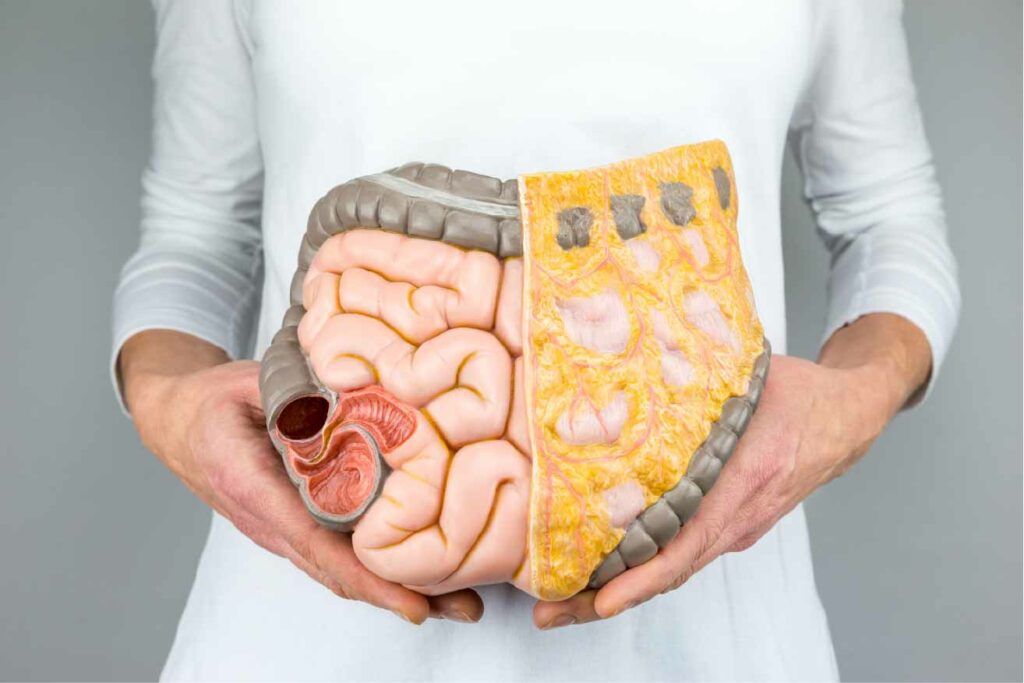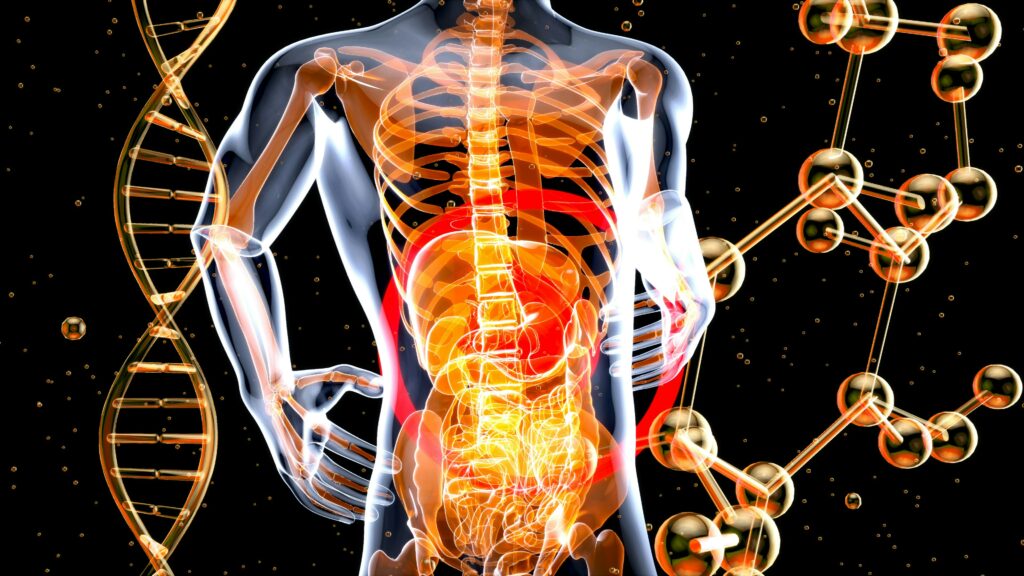- Research
Scope- Translational
Medicine- Transversal Translational Medicine (TTM)
- Translational Medicine Operations Hub (TMOH)
- Clinical Project Management Office (CPMO)
- Clinical and Epidemiological Investigation Center (CIEC)
- Luxembourg Clinical and Translational Research Centre (LCTR)
- Competence Centre for Methodology and Statistics (CCMS)
- Integrated Biobank of Luxembourg (IBBL)
- Disease Modeling & Screening Platform (DMSP)
- Luxgen Genome Center
- Research Pathology Platform (RPP)
- Research Projects & Clinical Trials
- Support Us
- Translational
News
New grant boosts LIH’s translational research
AFR industrial fellowship awarded to LIH student
21 February 2022
3minutes

Future LIH Ph.D. scholar Hélène de Franco recently received the highly sought-after FNR Industrial Fellowship. The grant will give her the opportunity to pursue research on the individualised effect of fibre on gut microbiota in the Eco-immunology and Microbiome group at the Luxembourg Institute of Health, and then leverage this information to create an app to personalize nutrition in collaboration with NIUM, a spin-off of the Luxembourg Centre for Systems Biomedicine (University of Luxembourg).
The industrial Fellowship programme, funded by the FNR, aims to foster cooperation between Luxembourg based companies active in research and development and public research institutions, such as the Luxembourg Institute of Health. This prestigious schema awards Ph.D. and post-doctoral grants to scientists willing to carry out their research in collaboration with a company in Luxembourg or abroad. It enables young researchers to enter the field with a plethora of industrial and academic skills. At the same time, the scheme supports the collaboration between pharmaceutical or biotech industries and leading research institutes, fostering the implementation of partnerships that promote the advancement of science.
Hélène De Franco, who recently completed a Master’s degree in Nutritional Sciences at University of Bordeaux and her Master’s project under the supervision of Prof Mahesh Desai, is the most recent awardee of the AFR industrial fellowship, a first for the LIH. The grant, of approximately EUR 200,000, will be used to fund her Ph.D. in a collaboration between the Department of Infection and Immunity of the LIH, and NIUM, a start-up company of the University of Luxembourg, created by Dr Alberto Noronha.
The project will simultaneously undertake two exploratory arms. The first, led by Prof Desai and taking place within the Eco-immunology and Microbiome research group, will investigate the effect of fibre consumption on specific gut bacteria, and their repercussions on the human host. This arm of the project is part of the human dietary intervention study called Luxembourgish Fiber Cohort (LuxFico). The data generated from this cohort is expected to discover microbiome-based, early warning biomarkers of disease. Indeed, gut bacteria are known to feed on fibres from our food, and the modern-day fibre deficiency in our diet is thought to be the root cause of digestive tract-related diseases such as colon cancer, diabetes and inflammatory bowel disease. Hélène’s research will leverage the uniqueness of each person’s gut microbiota to better understand individualized responses to food. Her research will be part of the PERFORM project, which will create computerized models to monitor the changes in individuals who will each be fed sequentially diets high and low in fibres. Then, in collaboration with NIUM, Hélène’s findings will be used to develop a platform to provide personalized dietary recommendations based on each individual’s unique metabolism.
We are extremely grateful to the FNR for this grant. This translational project will contribute to the development of an innovative approach to personalized nutrition by first aiming to expand our understanding of the effects of the gut microbiota on health, but also by the development of a commercial application, making use of this newly acquired scientific knowledge to benefit society,
concluded Prof Desai.
Scientific Contact









